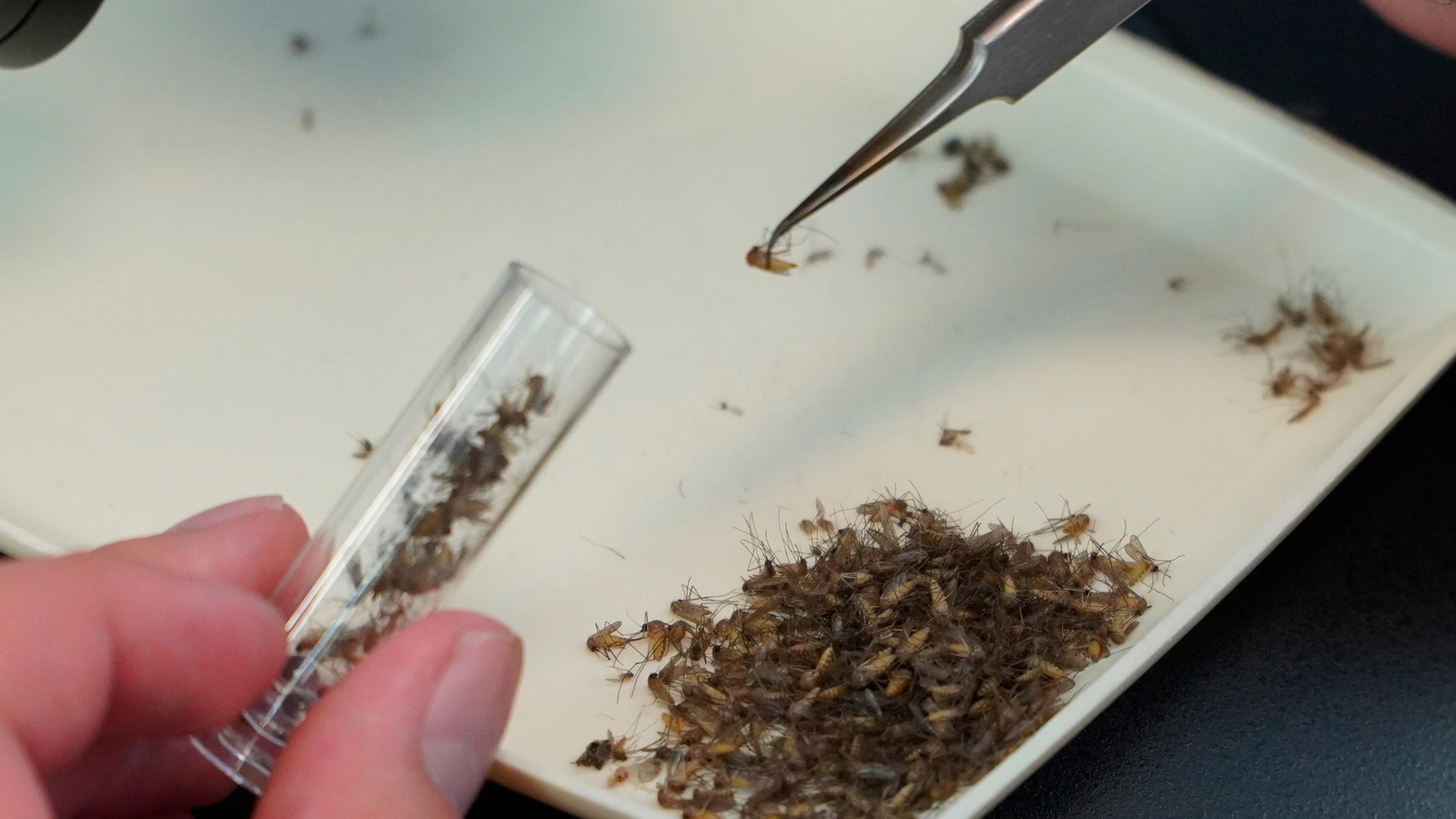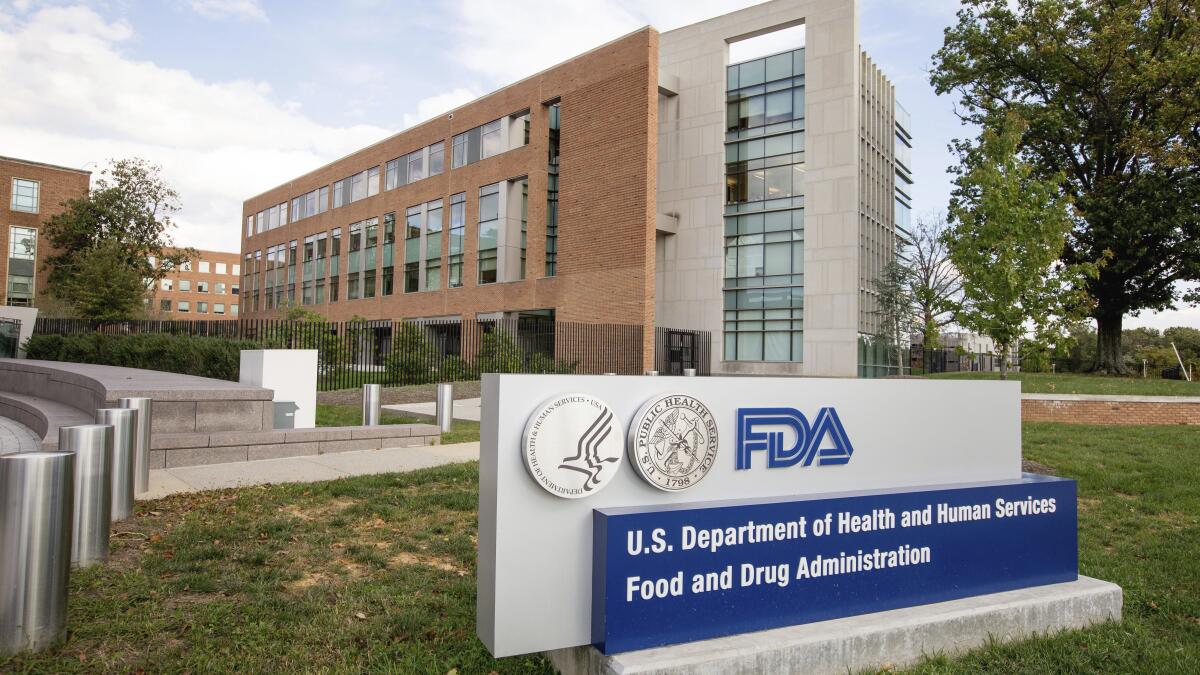
Understanding West Nile Virus: A Growing Public Health Concern
As summer approaches and outdoor activities become more frequent, health officials in Philadelphia are sounding alarms about an increasing threat: the West Nile virus (WNV). While many people have heard of mosquito-borne diseases such as Zika or dengue, West Nile virus remains a less widely recognized but equally serious risk. Originating in Africa, WNV has made its way into North America, including urban centers like Philadelphia, through migratory birds and the mosquitoes that breed around stagnant water sources.
So, what exactly is West Nile virus? It is a virus transmitted primarily through the bites of infected female mosquitoes, particularly those belonging to the Culex genus. Once bitten by an infected mosquito, humans can develop a range of symptoms, although many remain asymptomatic. For individuals who do develop symptoms, they often resemble mild flu or fever. However, in some cases, especially among older adults and immune-compromised individuals, the virus can cause severe neurological illnesses such as encephalitis or meningitis, which can have lasting health implications.
Why Is West Nile Virus a Concern for Philadelphia?
In recent weeks, health authorities have confirmed that WNV has been detected in mosquito populations in Philadelphia. This is a clear warning sign of potential human exposure, especially considering the city’s urban landscapes, parks, and water bodies that provide ideal breeding grounds for mosquitoes. The findings highlight an urgent need for residents and visitors to stay vigilant against mosquito bites and to participate in community efforts to eliminate breeding sites.
What does the detection of a virus in mosquitoes mean for public health? It signals that the risk of human cases is imminent or already present. Philadelphia’s health department has issued advisories encouraging residents to implement preventive measures and report any symptoms consistent with West Nile virus infections. The virus’s presence underscores the importance of ongoing surveillance, research, and public education to mitigate potential outbreaks.
How Can You Protect Yourself from West Nile Virus?
Preventing mosquito bites remains the most effective way to reduce the risk of West Nile virus infection. Here are some essential steps you can take:
- Eliminate Standing Water – Regularly empty containers, plant saucers, gutters, and any other items that collect water, as mosquitoes breed in stagnant water.
- Use Protective Clothing – Wear long-sleeved shirts, long pants, socks, and closed shoes, especially during dawn and dusk when mosquitoes are most active.
- Apply Insect Repellent – Use EPA-registered insect repellents containing DEET, picaridin, or oil of lemon eucalyptus to ward off mosquito bites.
- Install Physical Barriers – Use window and door screens to prevent mosquitoes from entering indoor spaces.
- Stay Informed – Keep up with local health advisories and mosquito activity reports to plan outdoor activities accordingly.
Community and Governmental Actions to Combat West Nile Virus
Addressing the threat of WNV requires a combined effort from municipal agencies, community groups, and residents. Philadelphia’s public health department has stepped up mosquito control measures, including targeted larviciding in high-risk areas and public awareness campaigns. These initiatives focus on educating the populace about the importance of eliminating potential breeding grounds and understanding the symptoms of WNV infections.
In addition to control measures, surveillance programs monitor mosquito populations and test specimens for West Nile virus presence. This proactive approach helps in early detection and response, potentially preventing significant outbreaks. Vaccination options for West Nile virus are still under research, and currently, there is no approved human vaccine. Therefore, the emphasis remains on personal protective behaviors and environmental management.
Signs and Symptoms of West Nile Virus Infection
While many infected individuals show no symptoms, others may experience mild to severe illness. Typical signs include:
- Fever
- Headache
- Body aches
- Skin rash
- Swollen lymph nodes
In more serious cases, symptoms can escalate to:
- High fever
- Severe headache
- Stiff neck
- Disorientation
- Muscle weakness or paralysis
- Stumbling or difficulty walking
- Seizures
- Neuroinvasive disease – encephalitis or meningitis
If you or a loved one develop severe neurological symptoms, seek medical attention immediately. Early diagnosis and treatment can make a significant difference in recovery outcomes.
Looking Ahead: Preparing Philadelphia for Mosquito-borne Diseases
As summer progresses, Philadelphia residents should remain alert to the risks posed by mosquitoes carrying West Nile virus. The city’s authorities are emphasizing proactive measures such as community clean-ups, increased mosquito surveillance, and educational outreach to reduce human exposure.
Public participation is crucial. Simple actions like removing standing water, staying indoors during peak mosquito hours, and using repellents can substantially decrease individual risk. Additionally, community efforts in maintaining clean environments and report mosquito breeding sites enable health departments to act promptly and effectively.
Conclusion
The detection of West Nile virus in mosquitoes in Philadelphia is a reminder of the ongoing challenges posed by vector-borne diseases in urban environments. By understanding what West Nile virus is, how it spreads, and the preventive measures available, residents can be better prepared to protect themselves and their communities. Vigilance, combined with municipal efforts, can help keep Philadelphia safe from this and other mosquito-borne illnesses.
Stay informed, stay protected, and participate actively in community health initiatives to combat the West Nile virus threat this season.
For more updated news please keep visiting Prime News World.








